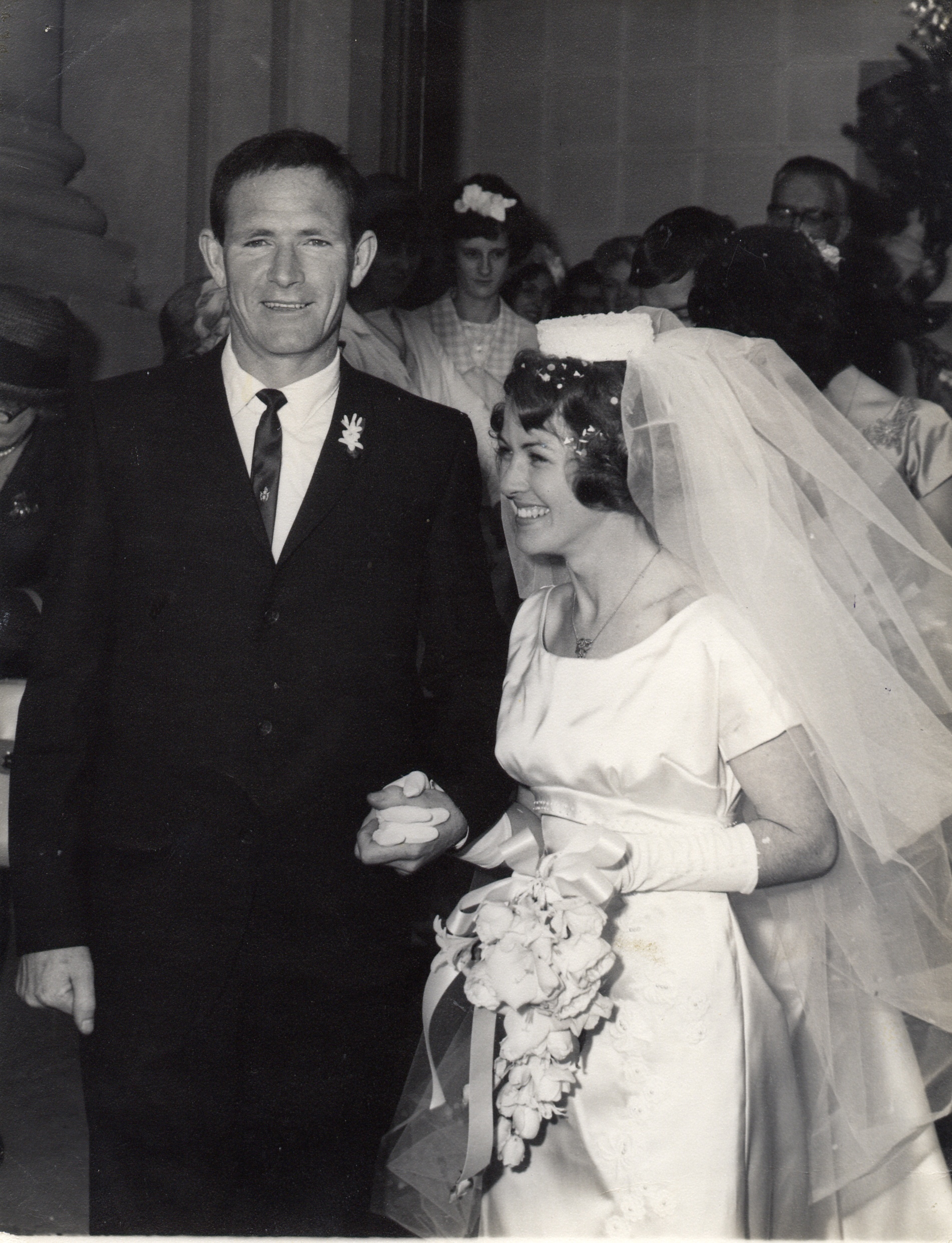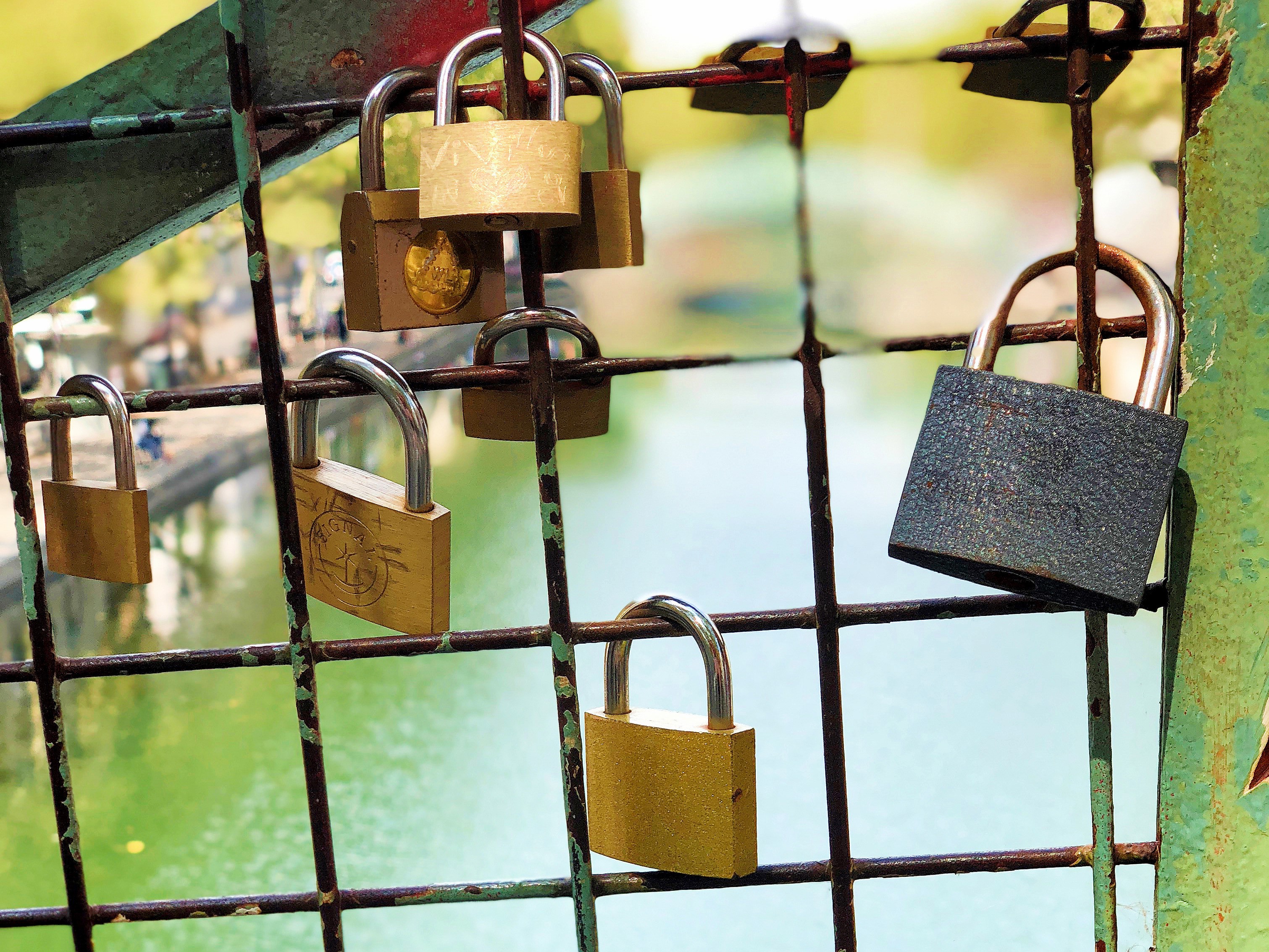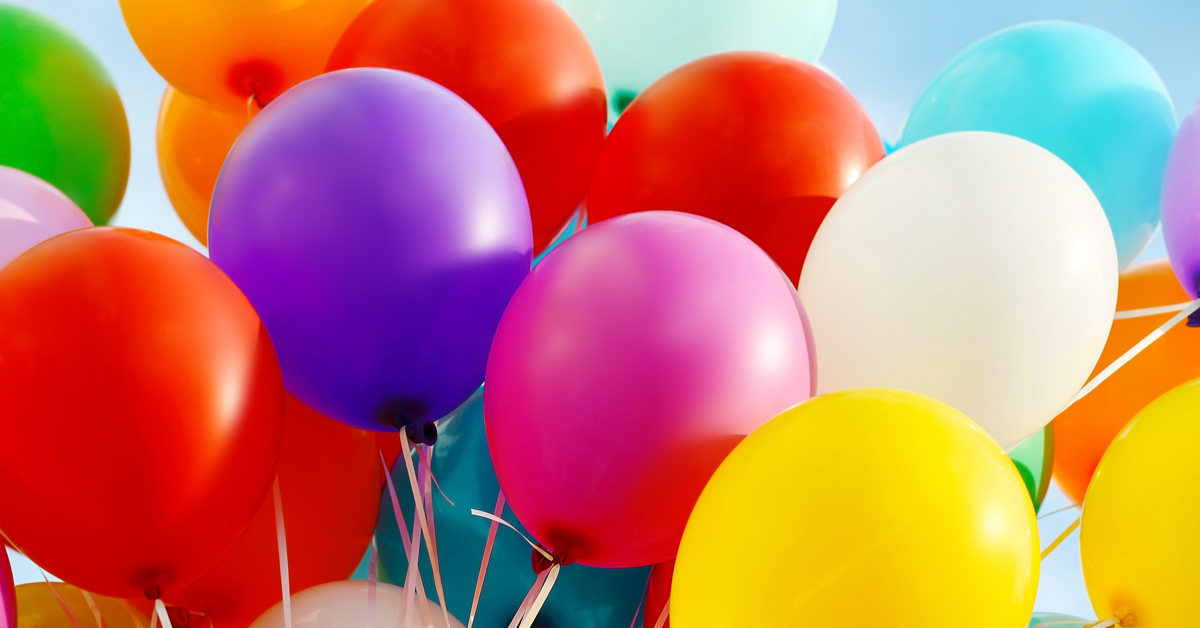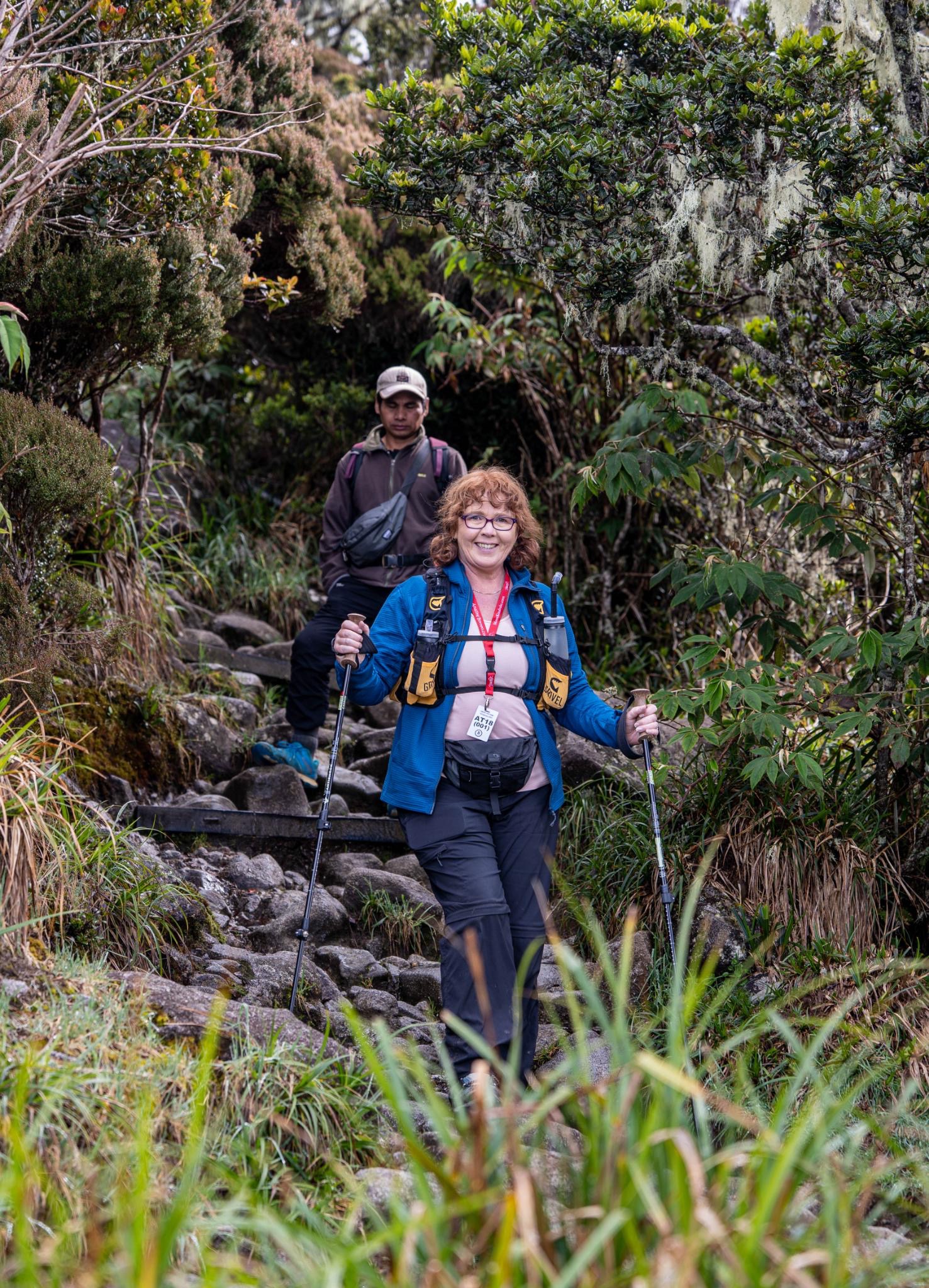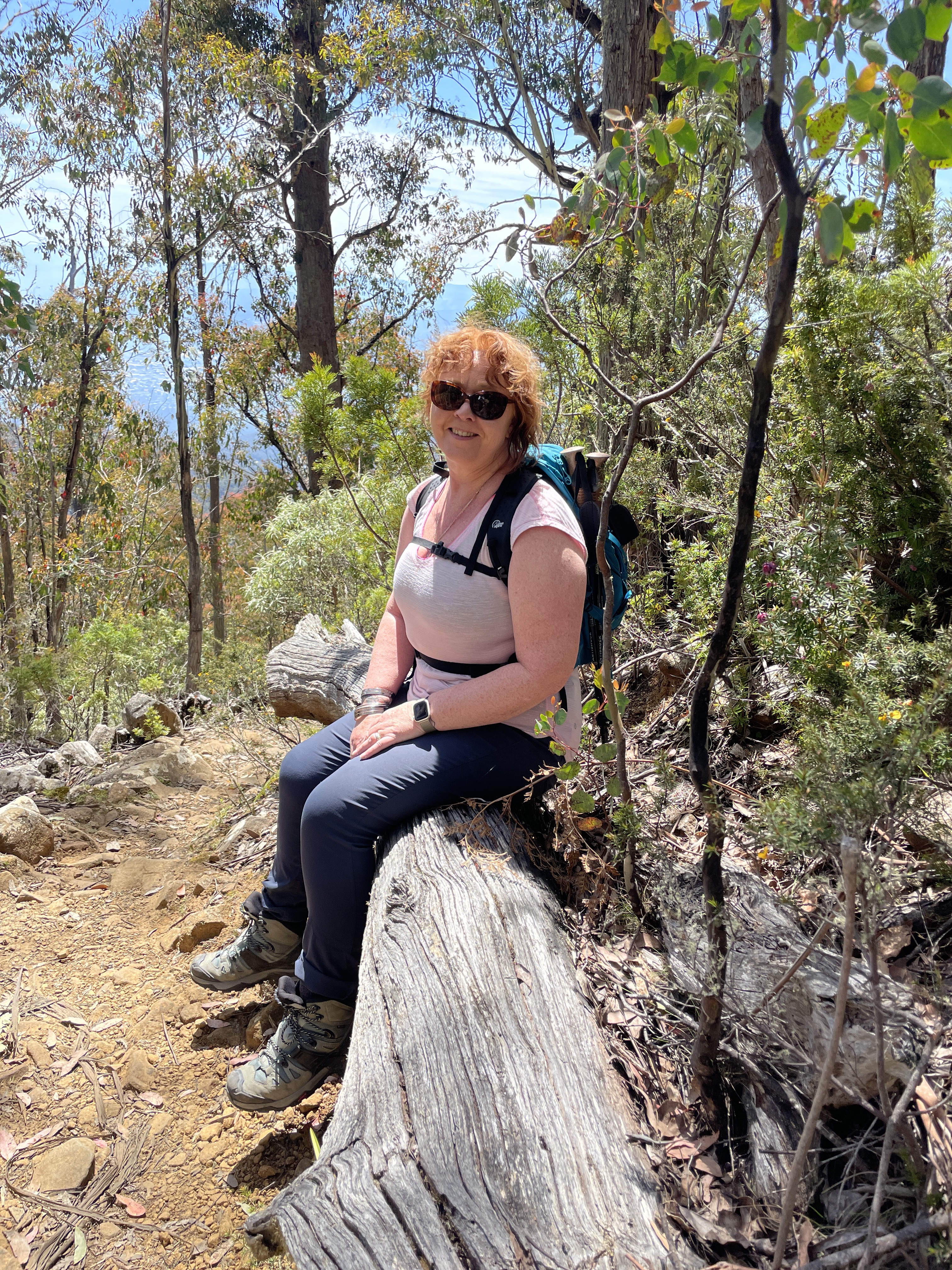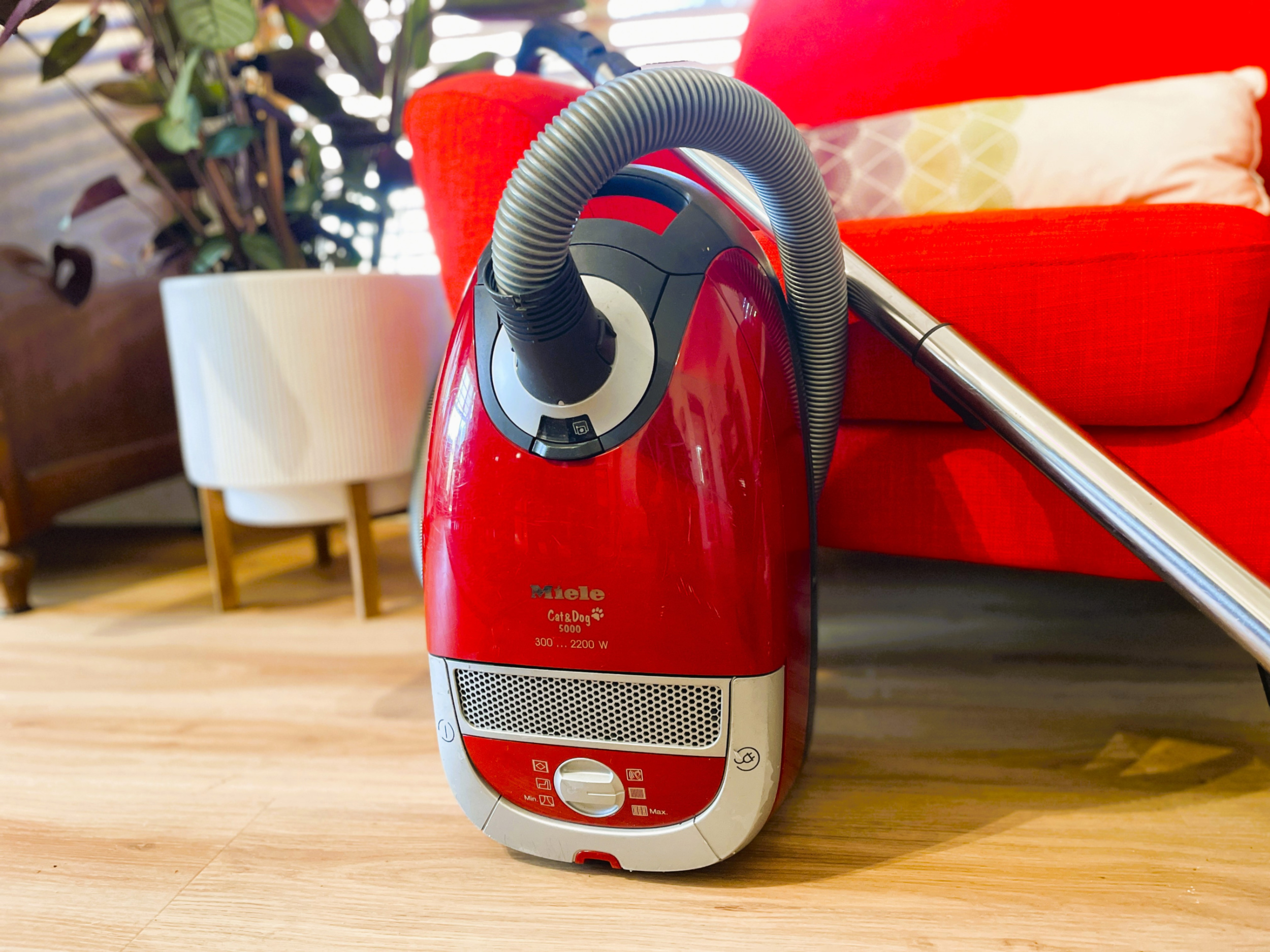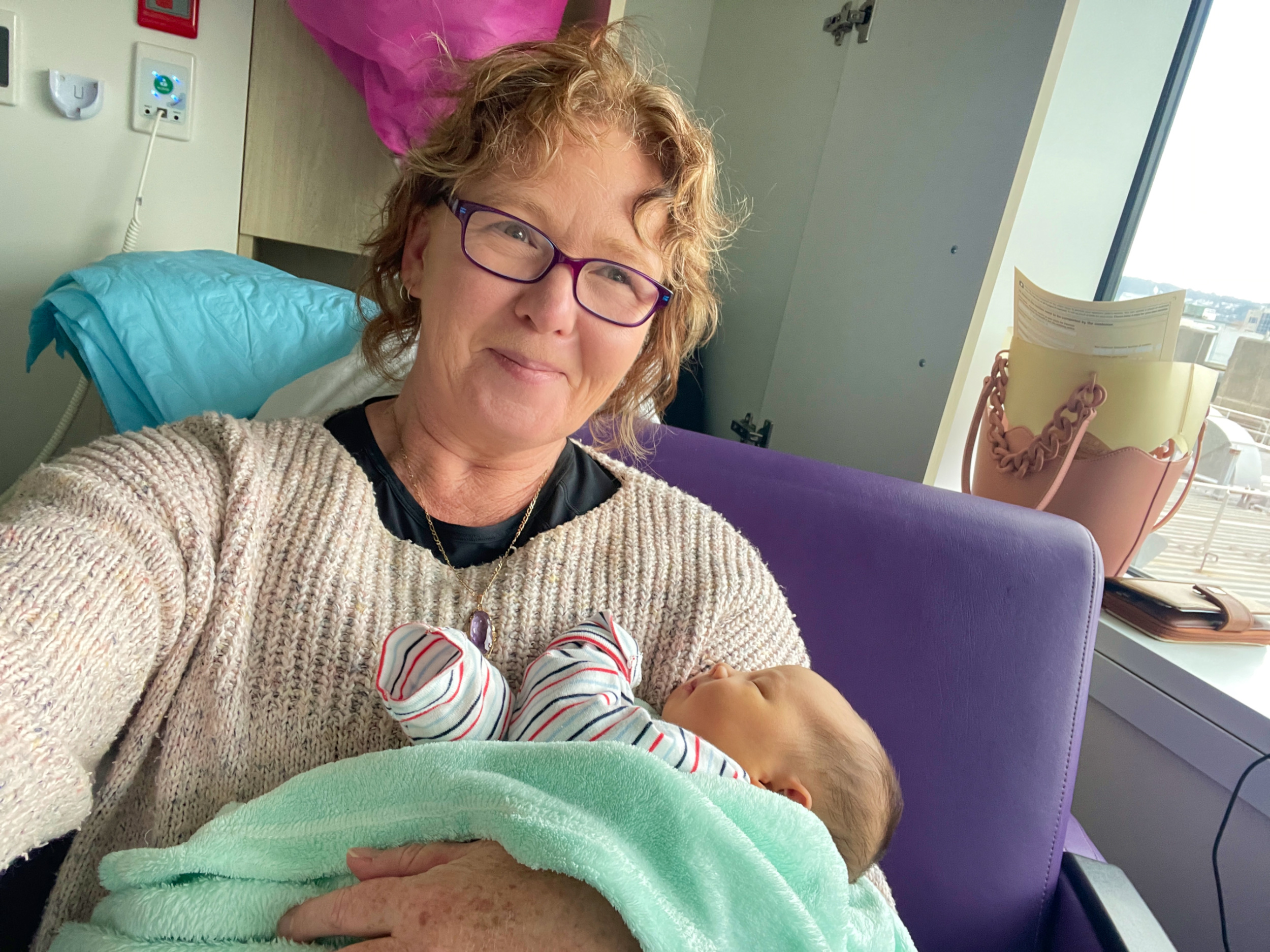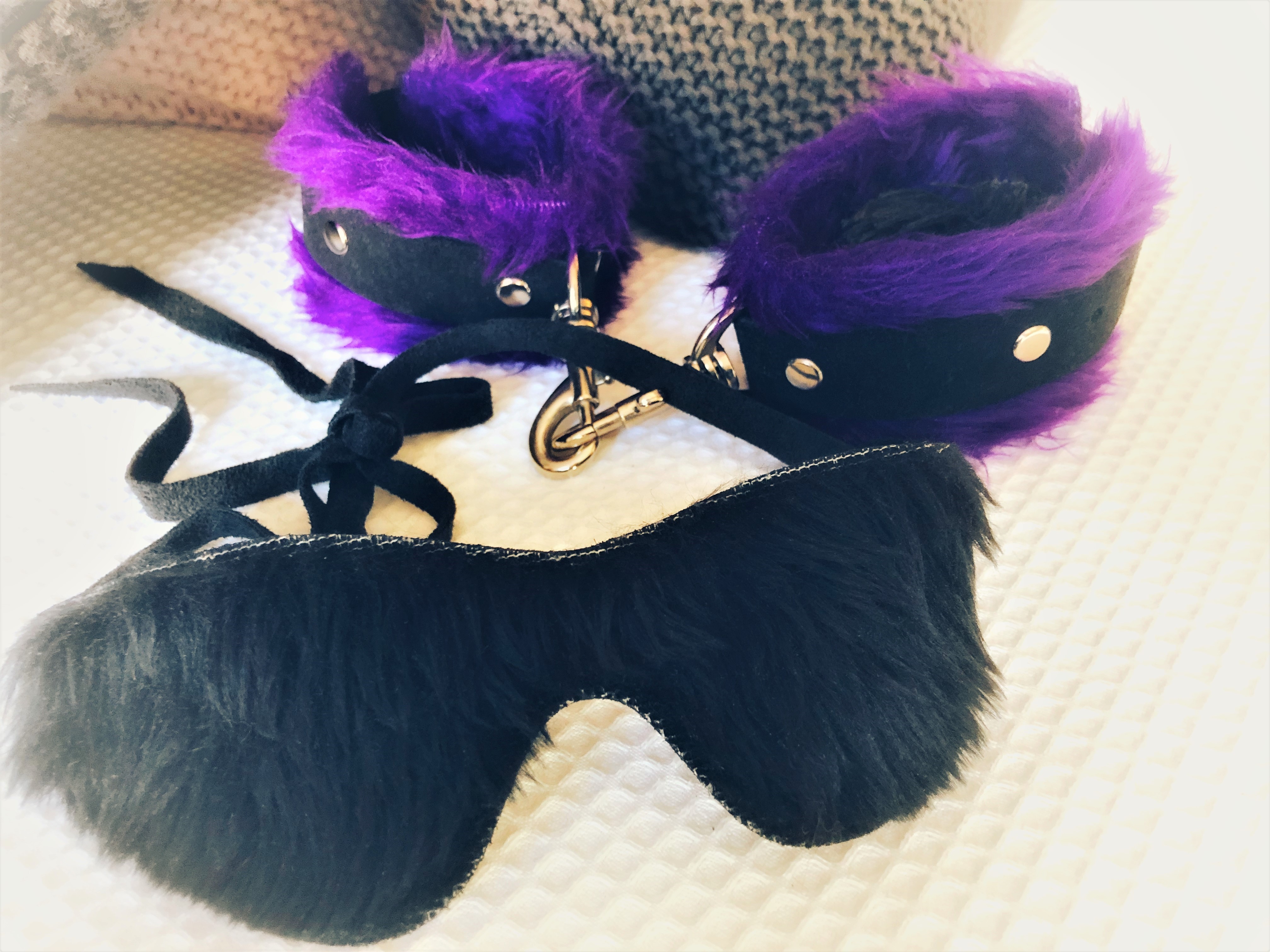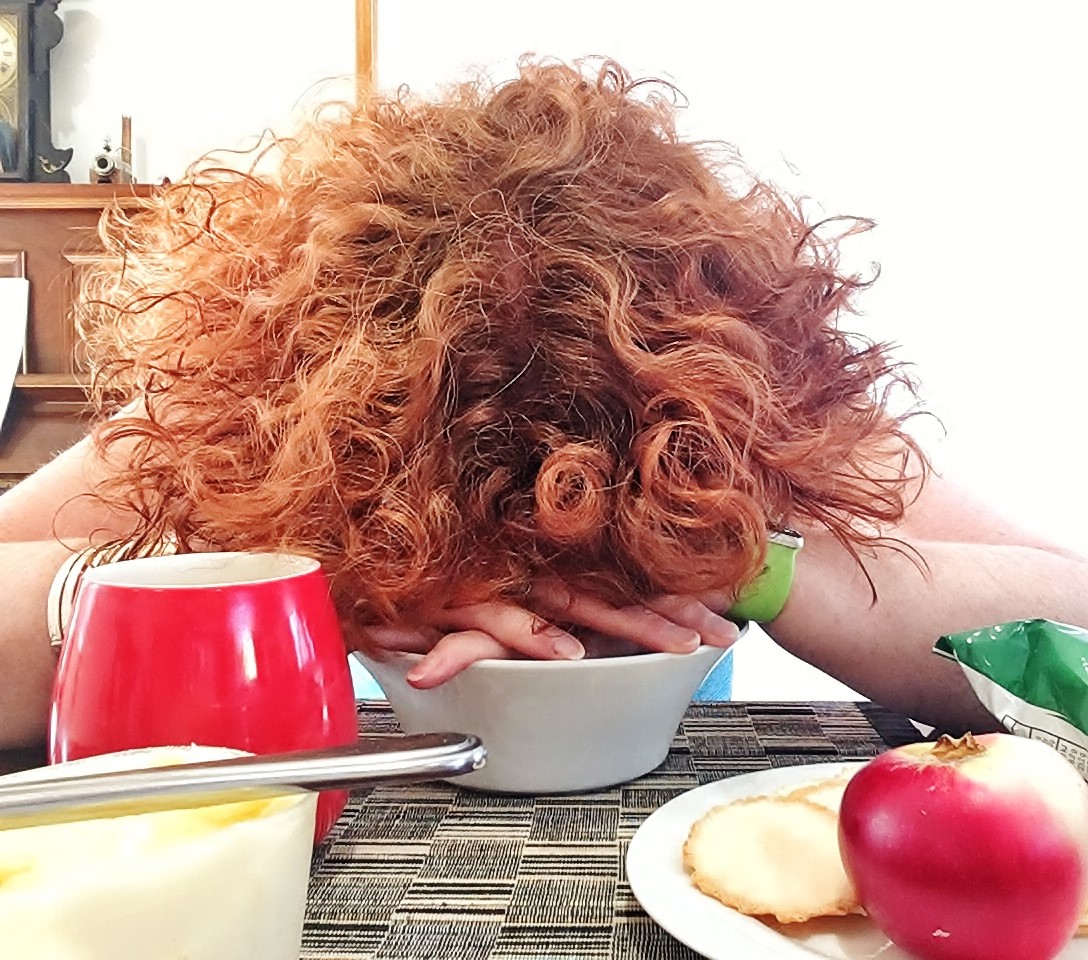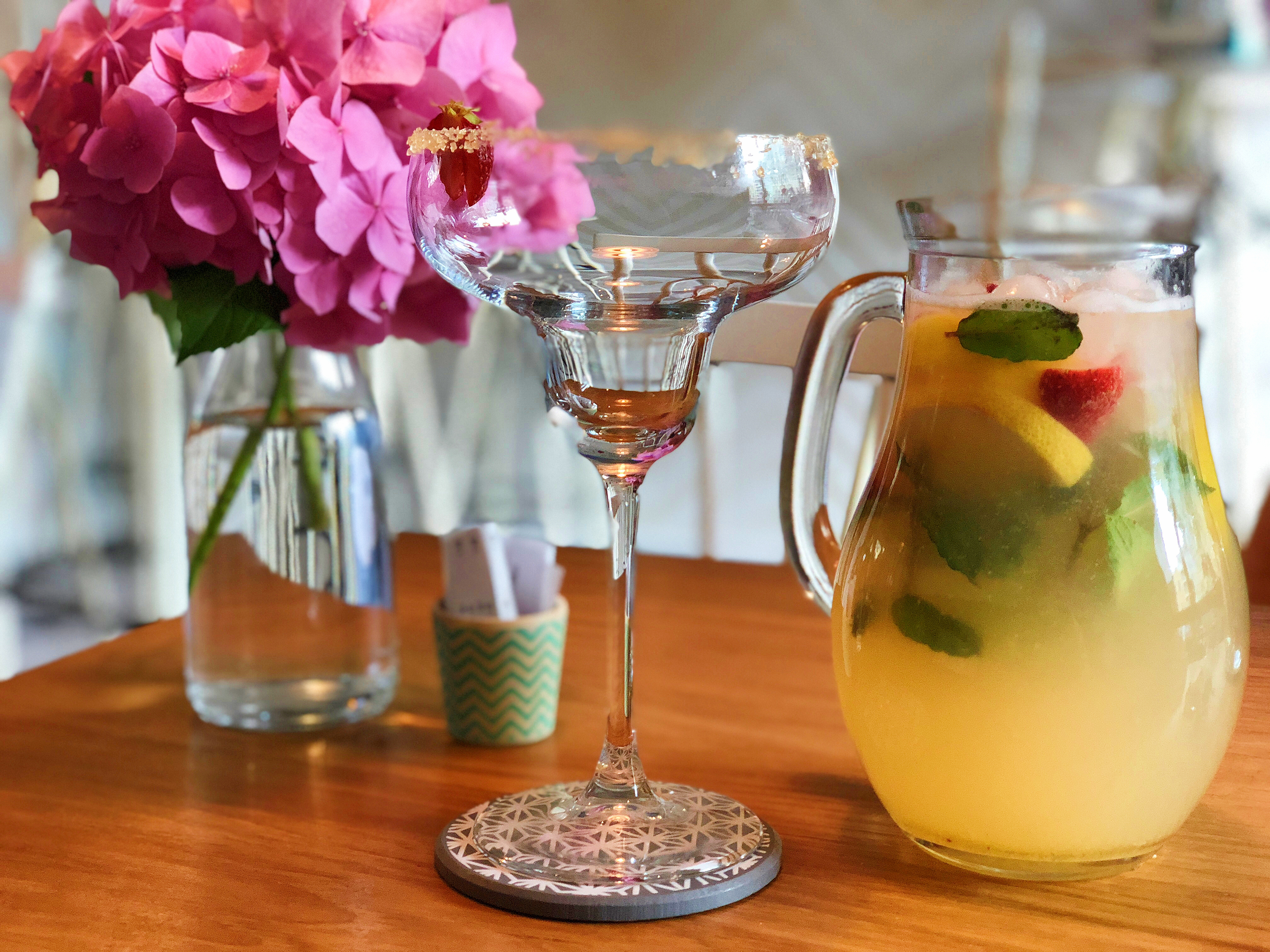I can hear the inside of my head.
There’s a low pulsing hum, pitched at G below middle C (196 Hz). And a high pitched wash of chitter-chatter, like a sea of crickets catching up on the day’s news. There’s pressure, but no pain. The inside of my head is bursting at the seams, trying to push its way through the veins in my temple.
It’s the day after a migraine.
Yesterday was the worst in a very long time. It was once suggested I “write into” a migraine – stop whatever I’m doing and write about how I feel. I assume that person never had a migraine – writing is the last thing on earth I do when my eyes can barely open. Usually I take medication when I feel a migraine coming on, then a few hours later I’m spacey but pain free. Not so this time.
It started with a sore head – classic migraine with pain on the left side, immediately behind my left eye. But I have places to be and things to do, so I defer medication until noon so I can drive my car. Bad move.
By midday the nausea is overwhelming. The pain is intense and throbbing and spreading from the top of my head to my left shoulder blade. My left eye is almost squished shut. The world around me hiding behind a veil, as bright colours become washed out and hazy. I see little flashes of light everywhere and looking makes my head hurt more. When I close my eyes, I see light flashing and grey spots swirling through the black. Sound is amplified. Touch is intensified. The nausea accompanying the slightest whiff of anything, means my sense of taste would leave me vomiting if I was foolish enough to eat – my eating schedule goes out the window. I bravely swallow two migraine tablets begging all the ominiscient and omnipotent beings to let my wobbly stomach keep them down. I go to bed and hope for the best.
The feel of my beautiful sheets with lots of lovely thread count, becomes scratchy and uncomfortable.
Anything touching me hurts. I’m cold all over and no amount of fluffy blankets can take the chill from my bones. I’m clammy and sticky at the same time. The curtains can’t block out enough daylight, so I arrange a tent of pillows over my head, creating a dark space without touching my head. I can’t eliminate noise – my heart rate is fast and furious and sounds like a jet plane. The blood pulsing through my swollen temple is whooshing like a cascade of rushing white water. There is no relief. There is nothing to do but wait it out.
Three hours pass and I feel worse. I start humming at a deep frequency that vibrates the bones in my skull, which somehow offers momentary reprise from the ten out of ten on the pain scale. But my breath only lasts so long before I stop to inhale and wait for the pain to flood back in. Ommmmm. Ommmmm. Ommmmm. So I take two more migraine tablets. What is the proper dosage and how frequently should I take them? No idea. Don’t give a fuck. Make the pain go away.
I have to make egg sandwiches for a little party I have no intention of attending. The thought of standing up, walking downstairs, putting my glasses on, opening the fridge, putting ingredients on the kitchen bench. Smelling the hard boiled eggs… It’s too overwhelming. I can’t possibly make egg sandwiches like this.
I don’t know what to do.
So I get in a scalding hot shower, hoping the heat will alleviate pain until the second dose of medication kicks in. My legs turn to jelly so I lie down on the floor of the shower. Curled up in a foetal position. My head pressed firmly into the cold, white tile, stopping the pain just in that spot. The hot water pouring onto my back offering a gentle massage. I keep ommmmm-ing and drift into a bit of a trance. After a few days (hours? minutes?) the water has formed a swimming pool between my arms so I gently wiggle them to let it wash down the drain. It stays as a little pool – almost covering my arms. I lift my weary head and look around. The bathmat is soaking wet. The big beige round mat I inherited from my mother is filled with water. There’s water running out the door. I can see the carpet is wet. Fuck.
I don’t know what to do.
I can’t collect thoughts in a coherent sequence. I need to turn the shower off. I wrap an aqua blue towel around my scalding hot, dripping wet, naked body. Go on the hunt for every towel we own and throw them on the floor, creating a very soggy, ugly patchwork quilt of towels over the bathroom floor and the hallway carpet.
I don’t know what to do.
I find my phone and glasses and slump to the floor. Do I need a plumber? Insurance agent? Friend? Miracle? My children are at university. My husband is three hours away on a field trip. My friends are at work. I lie on the soggy carpet like a stunned aqua blue mullet, forcing slow thoughts to coalesce into common sense. Then I hear the drip, drip, drip of water downstairs. My head hurts even more.
Drag weary, naked carcass downstairs and throw more towels around. Place bucket under the drip, drip, drip. Go back upstairs and lie on the floor with my phone, dial one of my boys and put it on speaker.
“I don’t know what to do,” I say. Filled with abject self pity. “I’m really unwell and I fell asleep in the shower on top of the drain and I flooded the bathroom. It’s dripping downstairs. I have to make egg sandwiches. I don’t know what to do.”
He can’t help. He’s at work, has no car, and no driver’s licence. I ring my friend and tell her the same pathetic story. She doesn’t know what to do either but says, “Don’t worry about the egg sandwiches.” I’m unbelievably relieved. Egg sandwiches are my biggest concern. Now I have ten hard boiled eggs and two loaves of fresh bread we don’t need. But at least I don’t have to smell eggs and find the inhuman strength to squish them with a fork.
I ring my husband who’s still three hours away but reassures me there’s nothing I can do. I’m so relieved. I lie naked on the floor with the towel vaguely draped across the wrong bits and stare at the spreading dampness through the old green carpet. Listening to the drip, drip, drip into the bucket downstairs. The drip is slowing.
Pain is unrelenting. No better. No worse. The nausea has lessened. The medication is holding things at bay but hasn’t fully worked. There’s still a sledge hammer in my head. I’m too tired to move but too cold to stay on the floor, so I don my floral silk nightie and soft pink cardigan and go back to bed. I am freezing.
My friend comes over a couple of hours later to check on me and help with the flooding.
In my incoherent state I’ve made it sound like the whole stairwell is filled with running water. Not so – it has merely run under the upstairs carpet and found a spot to drip at the foot of the stairwell. There’s nothing to be done.
My husband comes home, expecting the stairwell to be sodden and the whole of upstairs flooded. Not so. He deconstructs my soggy patchwork quilt of towels and puts a load of washing on. There’s nothing else to be done.
By 7pm the pain is halved. The throbbing is still there. The pressure intense. A light sense of nausea. The world is still behind a veil. But pain is going and I no longer need to ommmm my way through it. I can open my eyes with the lights on and not feel like I’ve been slammed into a wall. I can hear normally. I can touch normally. I don’t quite want to eat yet, but by 8pm I’m willing to try something. I have half a curried egg sandwich for dinner.
Today I woke without pain. But the drug haze makes me floppy as a wet fish and I still feel the migraine. The inside of my head is bursting at the seams, trying to push its way through the veins in my temple. There’s pressure, but no pain. And a high pitched wash of chitter chatter, like a sea of crickets catching up on the day’s news. There’s a low pulsing hum, pitched at G below middle C.
I can hear the inside of my head.
Like this:
Like Loading...

